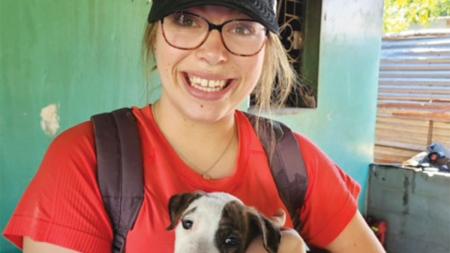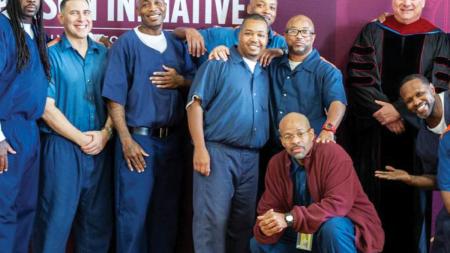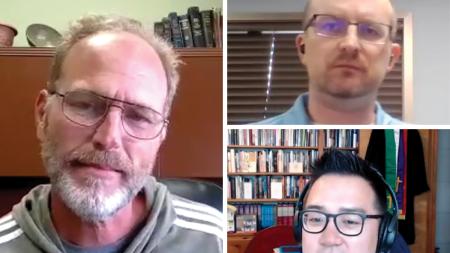CRC Welcomes Poverty Plan

Circle of Protection logo
Circle of Protection
The Christian Reformed Church in North America (CRCNA) joins the Circle of Protection in applauding U.S. House Speaker Paul Ryan’s plan to address the root causes of poverty.
The Circle of Protection, a coalition of 60 faith leaders from Christian denominations and organizations of which the CRC is a member, released this letter welcoming Ryan’s efforts that are part of a larger package of policy initiatives entitled “A Better Way.”
The Circle of Protection has long been calling for a focus on poverty, especially because the U.S. poverty rate is generally the same in 2016 as it was in 1966 when many anti-poverty programs first began in the U.S.
Ryan has said his plan would attack poverty “at its roots” by enacting policies that provide incentives to move people from welfare to work, measure the results, and focus support on people with the greatest need.
In addition, say news accounts, his plan would expand where housing assistance can be used, address issues related to education, and reform the criminal justice system by loosening mandatory sentencing guidelines for some nonviolent drug offenders.
“The Christian Reformed Church welcomes all serious attempts to address poverty, such as Speaker Ryan’s anti-poverty plan,” said Dr. Steven Timmermans, executive director of the CRCNA.
“As Christians, we recognize that ending poverty requires more than simple charity — it also requires justice. We are pleased to see mentions of systemic and root causes of poverty in the Speaker’s plan. It is our hope that this plan will catalyze genuine efforts within Congress to combat poverty.”
The CRCNA is also pleased to see that criminal justice reform is named as one of the many ways in which to address poverty.
“Criminal justice reform is a vital piece of any attempt to address poverty,” states Kate Kooyman who works on restorative justice for the Office of Social Justice. “This plan’s acknowledgement of important reforms to our criminal justice system’s treatment of children, and its call to focus on rehabilitation and treatment, is an exciting step in the right direction.”
The plan acknowledges that assisting vulnerable and at-risk children requires “more than a detention facility.” It is usually the case that deeper reasons, such as a history of abuse and neglect, exist as to why young people enter the criminal justice system.
Included in the plan are also important policy recommendations to address proper nutrition for children in school and in the summer months.
“For many low-income families, summer is a very difficult time to provide all three meals for their children,” states Kris Van Engen, who works on the subjects of hunger and poverty for the Office of Social Justice.
“It is important for children to have access to nutritious meals in order to achieve success in school — but many children also go hungry during the summer.”
The plan addresses the need to make summer feeding programs as effective as possible and to improve flexibility in providing summer meals to children in rural areas.
Also discussed in the plan are the difficulties low-income or vulnerable individuals face in securing a job and the importance of working for solutions to these difficulties as a way in which to combat poverty.
Peter Vander Meulen, coordinator of the Office of Social Justice, says, “We are pleased to see that Ryan’s plan emphasizes the importance of increased income and earnings, in addition to increased employment, as a pathway out of poverty.”
“A Better Way” acknowledges barriers beyond finding a job, such as transportation, affordable childcare, and housing. The plan touches on the unique issues single mothers face — most critically the issue of finding affordable childcare. Single mothers are five times more likely to be in poverty than married families.
The CRCNA hopes to see poverty brought to the forefront of policy discussions and is grateful to see a plan that does not attempt to block-grant or cut programs addressing poverty.


